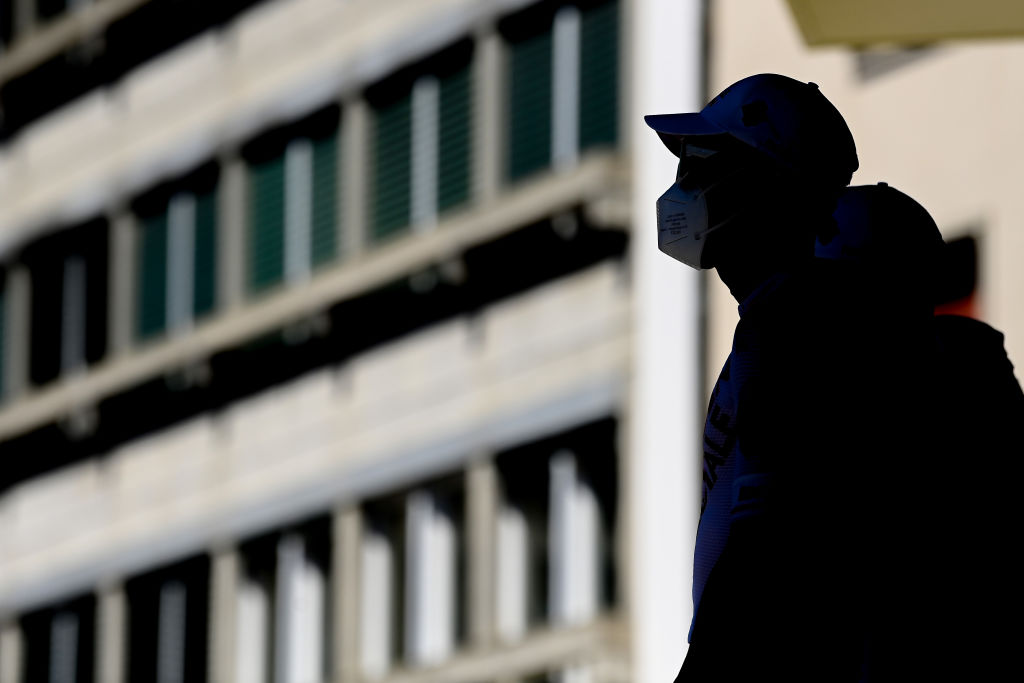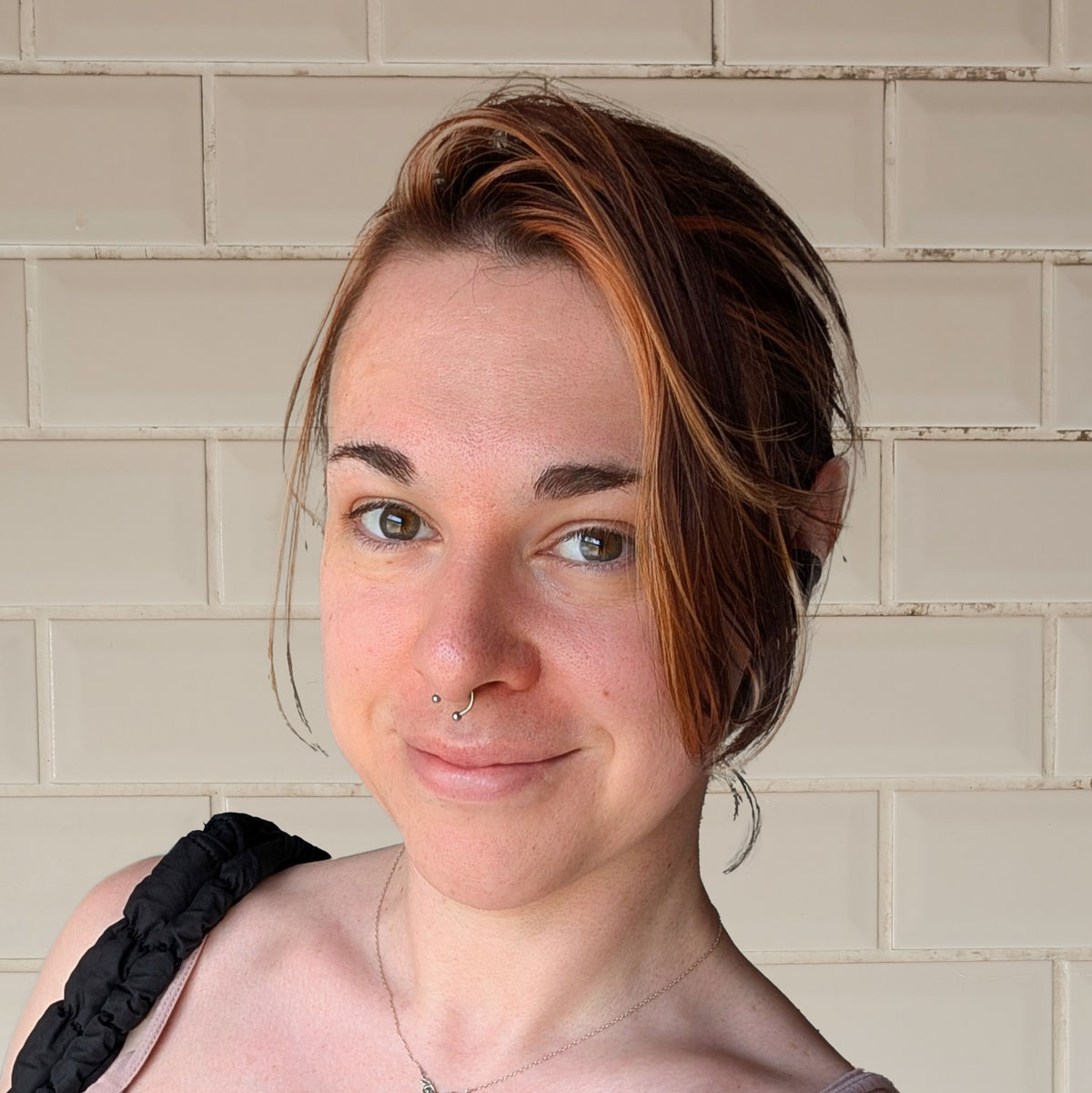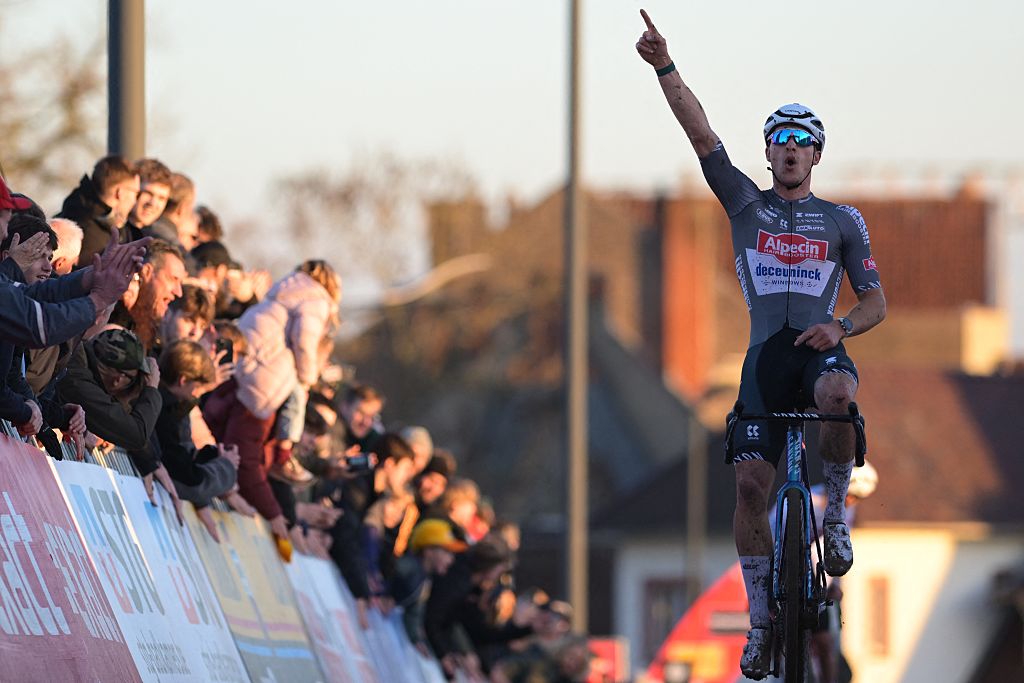Tour de France rest day COVID-19 testing begins moments after stage 9 summit finish
Riders undergo UCI-mandated antigen testing in Châtel on Sunday evening

The spectre of COVID-19 has loomed over the first half of the Tour de France, with five riders having not made the start of the race due to positive tests and close contacts, a further three testing positive for the virus in the last two days, and another heading home suffering from long COVID.
After nine days of racing, the peloton now reaches its first rest day of the race (the move from Denmark to France was officially a 'travel day', though in reality a rest day for riders) and, with it, the first round of in-race COVID-19 testing.
The testing began soon after the finish of stage 9's summit finish at Châtel, with riders turning back after crossing the finish line to head to their buses 5km down the mountain. Before they could climb on, shower, and head to the next hotel, though, they underwent the newly-introduced rest day antigen tests mandated by the UCI.
At the team buses lined along a forest road below Châtel, French police were on hand to block the road for press attempting to access many of the buses lined up. The officers cited the presence of the COVID-19 testing tent partway down the line of buses as the reason – even if no riders had passed through at that time.
The makeshift open-air testing tents were laid out four in a row and staffed by testers in full personal protective equipment, including plastic gowns. Chairs were laid out a few metres away from the tents, ready for the riders to be seated and tested before rolling on down to their buses.
Some journalists, including Cyclingnews, eventually negotiated with an ASO official to gain access to those buses beyond the testing tent, including those of AG2R Citroën, Trek-Segafredo and Ineos Grenadiers. Any filming and photographs of the testing area were strictly forbidden, however, though no riders had appeared by that point.
Some teams have already been regularly testing during the race, per the UCI's "strongly recommended measures", though Sunday evening was the first time all 165 remaining riders would undergo tests, with team staff, commissaires, and other UCI staff to follow in Morzine later in the evening or on Monday morning.
The latest race content, interviews, features, reviews and expert buying guides, direct to your inbox!
Results are expected within hours, with any positive antigen test results to be confirmed by a further PCR test quickly afterwards. A further stage follows, with analysis of the viral load to confirm how contagious any person who tests positive may be, to be judged by a team doctor, the UCI's chief doctor, and a doctor from race organisers ASO.
"If you are positive today, you can still wait for the PCR test," Trek-Segafredo rider Jasper Stuyven told Sporza. "Unless your team doesn't want that. As you can see there are a lot of 'ifs'."
Stage 9 winner Bob Jungels (AG2R Citroën) has that process to thank for being in the race to start with, having tested positive in tests leading up to the Grand Départ, but still being allowed to race due to his low contagiousness.
His teammate Geoffrey Bouchard headed home on Saturday before the stage, having tested positive after stage 7, part of AG2R's strategy of (UCI-recommended) testing every three days – which, since Bouchard's positive, has now been altered to daily testing.
Other teams, such as Ineos Grenadiers, however, don't appear to do the same, with Tom Pidcock telling the media at the start of stage 9 that the team is only testing if a rider shows symptoms.
"There's no point testing if you don't have symptoms, is there?" he said. "It's a normal illness. Like if you're ill, you're ill and you can't race. It's not like if you have COVID but no symptoms you go home. We test when we need to test. If someone's ill, they're ill."
Positives at the race so far have included Bouchard, race leader Tadej Pogačar's teammate Vegard Stake Laengen, numerous members of the QuickStep-AlphaVinyl staff, Cofidis climber Guillaume Martin, and also a member of the Netflix filming crew following Ineos Grenadiers.
"There are three of them and the sound guy tested positive, so they changed them completely because the others were close contacts," Ineos deputy principal Rod Ellingworth told the Guardian, also saying that some teams are "a lot more lax" on COVID-19 protocols.
Following challenging days over the cobbles of Roubaix and up the mountains of the Vosges and the Alps, the remaining riders at the Tour now face a nervous wait before finding out if they can continue on to tackle the Col de Granon and Alpe d'Huez next week.

Dani Ostanek is Senior News Writer at Cyclingnews, having joined in 2017 as a freelance contributor, later being hired full-time. Her favourite races include Strade Bianche, the Tour de France Femmes, Paris-Roubaix, and Tro-Bro Léon.
